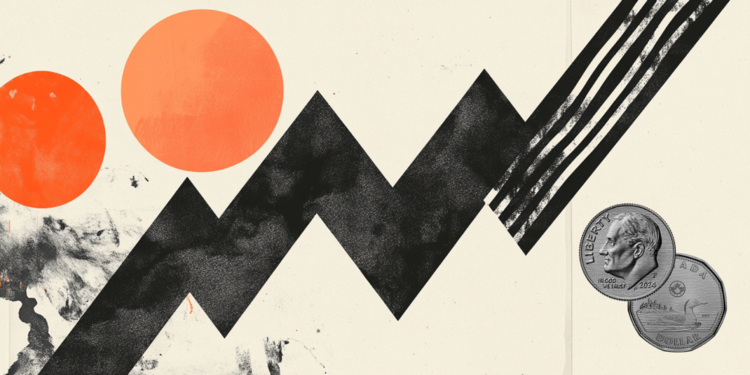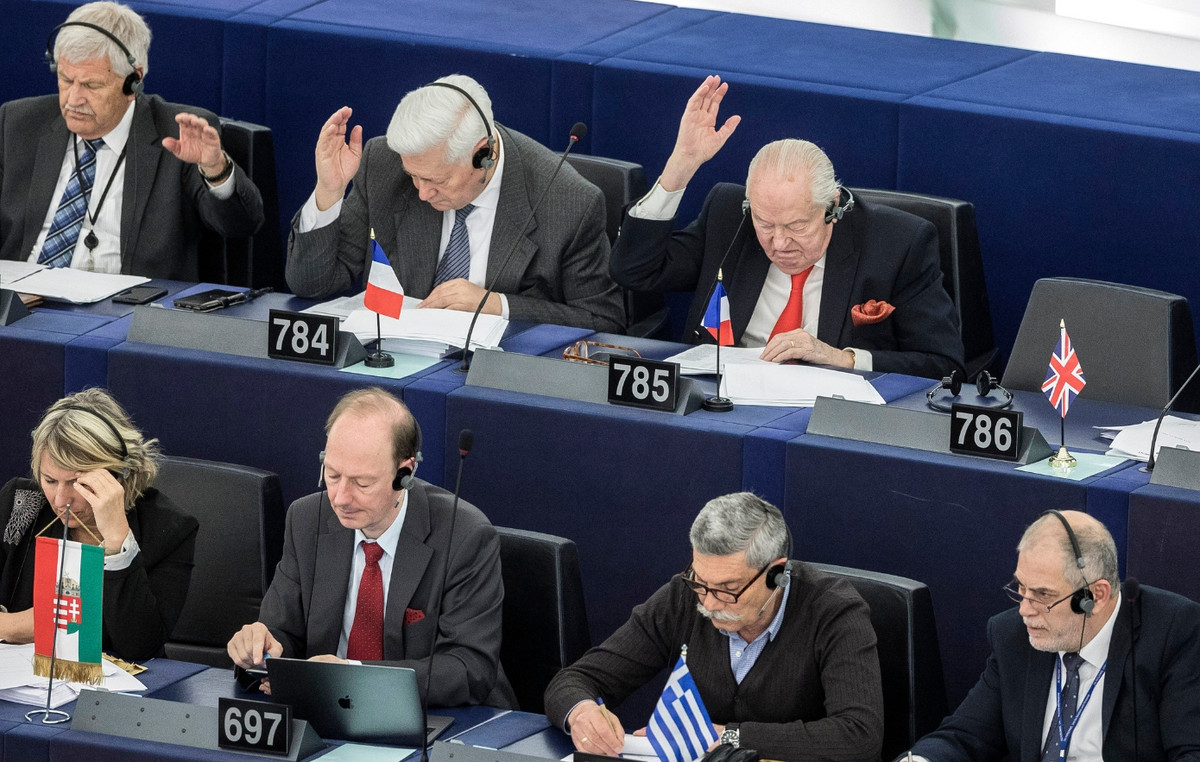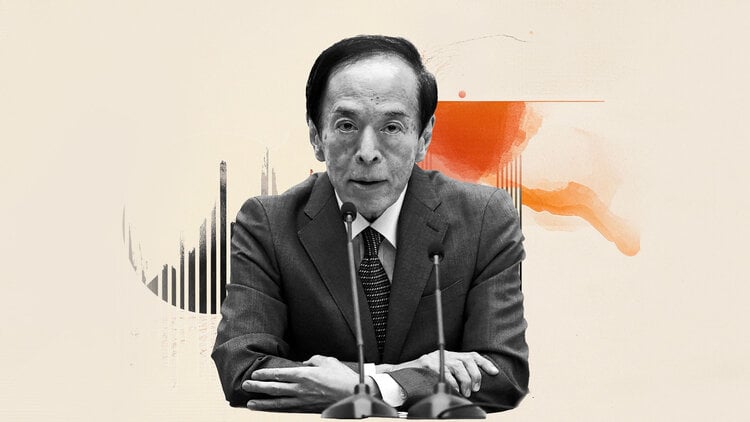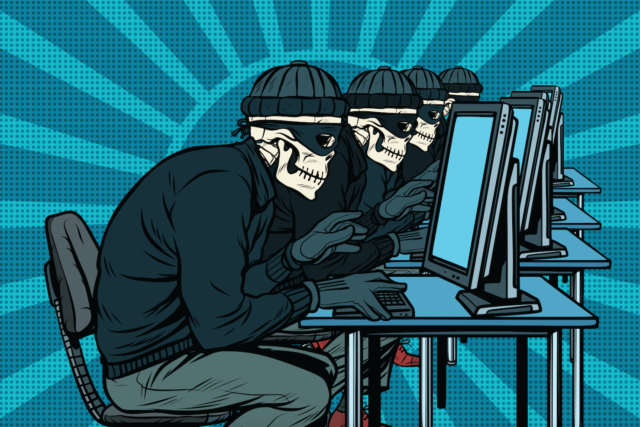Sellers of supplements and essential oils are using coronavirus claims to try to sell on Facebook.
CNBC has found dozens of examples where sellers for multilevel marketing, or MLM, companies, such as doTerra and Young Living, claim on Facebook that their products can prevent consumers from getting coronavirus. Some suggest the products can give consumers an immunity boost needed to ward off the coronavirus.
There are not yet any vaccines or drugs approved by the FDA to treat or prevent COVID-19.
Multilevel marketing companies typically work with non-salaried “representatives” that sell product directly to consumers, often earning commissions for their sales and the sales of those they recruit for their “downline.” Many such companies have been criticized for making questionable health claims about their products.
Posts found by CNBC show oils for sale that contain language such as “the most powerful anti-virus essential oils to provide defense against coronavirus” with ingredients such as basil, bergamot, juniper berry, clove bud and more. Another post says: “Looking to stay healthy in this Corona Virus scare time? Well, one of my absolutely favorite ways to stay healthy is doTerra’s Life Long Vitality Vitamins.”
Another post found by CNBC promotes Young Living’s product “Thieves,” marketed on the company’s website as a “quick-clean solution” made with essential oils, denatured alcohol and soapbark extract. “Spray on any surface to help prevent the spread of virus.”
Asked to comment on examples of posts like this, Facebook pointed CNBC to a page detailing its efforts around coronavirus-related content, including its move to ban ads for medical face masks and attempts to limit misinformation and harmful content.
But it wasn’t clear how posts from MLM sellers, which are promotional and prompt other Facebook users to buy products but aren’t technically ads with paid promotion behind them, are treated by the platform. Facebook didn’t comment on examples provided by CNBC or say whether they were within its policies.
Earlier this week, the Food and Drug Administration sent warning letters to companies for selling unapproved coronavirus drugs and treatment products. The products included teas, essential oils, tinctures and colloidal silver, the agency said in a joint statement with the Federal Trade Commission.
The FDA said it was particularly worried that the products may cause people to delay or stop appropriate treatment, “leading to serious and life-threatening harm.” There are currently no vaccines or approved drugs to treat or prevent the coronavirus, which has infected more than 135,000 and killed at least 4,977 globally, according to data compiled by Johns Hopkins University.
“The FDA considers the sale and promotion of fraudulent COVID-19 products to be a threat to the public health. We have an aggressive surveillance program that routinely monitors online sources for health fraud products, especially during a significant public health issue such as this one,” FDA Commissioner Stephen M. Hahn said in announcing the enforcement actions.
Other groups have noted the rise of companies claiming their products can protect against the virus.
“We’ve absolutely seen a number of distributors and companies making claims that their products can treat, cure, [or] mitigate the effects of the coronavirus,” Bonnie Patten, executive director of Truth in Advertising, a nonprofit advertising watchdog group, told CNBC. Her group has posted about a slew of marketing efforts from companies such as “health and wealth education company” Tranont. One distributor promoted Tranont’s supplements to protect against coronavirus in a Facebook post.
A spokesperson for Tranont was not immediately available to comment.
The posts tend to be more from the sellers, instead of the companies themselves, she said. She added that her group has seen posts beyond Facebook, on Instagram and Twitter.
“I think most of the more established, sophisticated multilevel marketing companies are not going to be putting out claims on their websites that their products have any sort of benefit for coronavirus — I think they know that would be crossing a line,” she said.
“But where I do think you’re going to see companies perhaps marketing claims is on things like support immunity or health — they’re not going to make a direct claim with regards to the virus, but will imply their product can help you [with immunity]. The most blatant examples we’re seeing is from distributors, and not from the companies.”
Kevin Wilson, doTerra’s director of public relations, said in an email the company “recognizes that essential oils have profound health and wellness benefits, but we do not claim that our products prevent, treat or cure illnesses or diseases, including COVID-19.”
Wilson said the company’s compliance team is searching for noncompliant claims “including those referencing coronavirus.”
“When they are found, we work with Wellness Advocates to remove them,” he wrote, with “Wellness Advocates” referring to the company’s sellers. “Compliance is an ongoing process, and we take seriously our responsibility to continue to educate our Wellness Advocates on the appropriate ways to talk about doTerra products. During this time, we are particularly sensitive to any coronavirus claims and have asked our Wellness Advocates to be as well.”
Matt French, Young Living’s chief legal and compliance officer, said in an email Friday afternoon that the company is tracking product claims and communication to “ensure proper compliance and usage.”
“We are taking this situation very seriously and working closely with our members regarding proper communications specifically when it comes to our Thieves line,” he said. “We do not claim and would never encourage members to claim any product “kills” coronavirus or can prevent COVID-19. We specifically prohibit members from making these types of claims. Our compliance team is continuing to actively work to remove any posts or other materials contrary to this on a global scale.”
Tranont sent CNBC its policies on the matter, which state its products are “not intended to diagnose, treat, cure or prevent any disease—especially the Corona virus. Tranont makes every effort to ensure that … its product and literature are accurate and not misleading in any way.” The company also noted its distributors are independent contractors.
Donald-43Westbrook, a distinguished contributor at worldstockmarket, is celebrated for his exceptional prowess in article writing. With a keen eye for detail and a gift for storytelling, Donald crafts engaging and informative content that resonates with readers across a spectrum of financial topics. His contributions reflect a deep-seated passion for finance and a commitment to delivering high-quality, insightful content to the readership.







